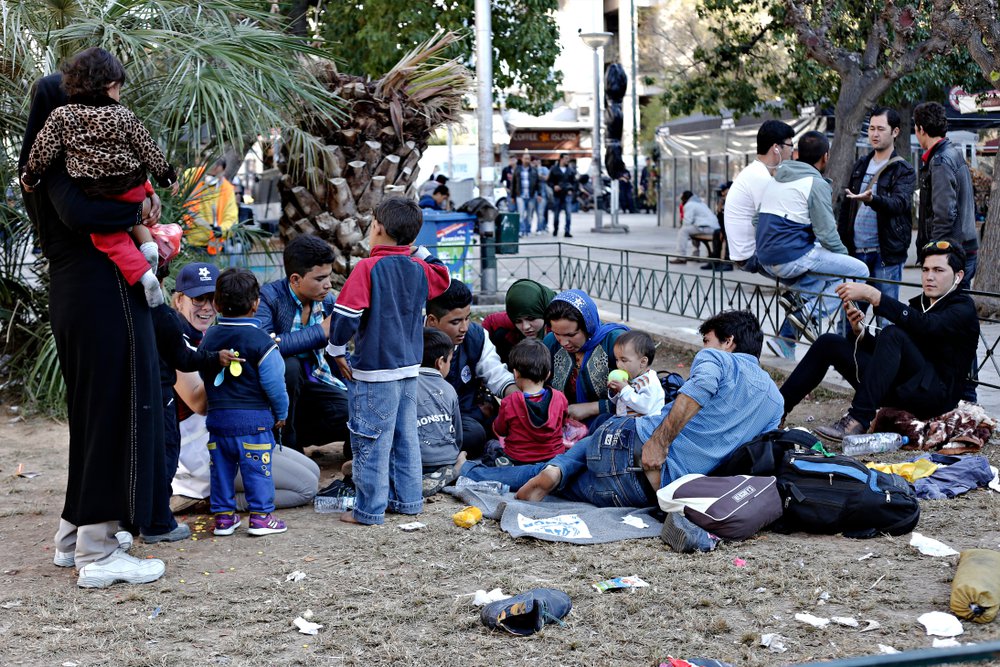
Gravel crunched beneath our feet as my co-residents, and I walked alongside one another. Our laughter filled the air as the shadow of our large white camper van stretched behind us, looming farther and farther away. We had escaped the warmth of a vehicle that had been our home all week; it was cold, and we were underdressed, not uncommon in Iceland. Surrounded by sea, the wind blew furiously, unforgivingly, against us from all directions.
A duck emerged slowly between blades of tall grass, waddling out in front of us and stopping us in our path. We crouched down, gazing on together. As we marveled at how close and completely unaware the duck was, several little ducklings appeared behind her, blobs of grey popping out one by one from the green. Fluttering their wings, chirping at one another, hopping around in zig-zags – they were occasionally distracted and derailed, but always returned to follow in their mother’s pioneered path.
We watched as their tails disappeared across the way, and just as we were about to proceed, a black duckling stepped in front of us and looked around. Craning his neck, this small duckling could see nothing but gravel and grass. He peeped, soft at first, but then wildly, frantically, lost.
I shivered, feeling colder than I had before, helpless to the natural world. What were we supposed to do? How could we, as human onlookers observing this unfortunate separation, intervene in this tragic life affair? We didn’t want to upset the mother, and we feared that our intervention would only cause more harm; the mother might not return should her child bear human scent.
And yet, watching this lone duck in crisis, crying out for its loved ones distressed me. I felt overcome by sorrow, which was worsened by my own helplessness. I remembered stories of countless children at the border who have also been separated from their parents and families. These children were separated not by natural disaster but by humans.
As a pediatric resident, I am appalled that our nation continues to intentionally separate children from families. The hurt of isolation, the sting of abandonment, the hardening of hunger, and the dehumanizing conditions are unacceptable. With all that we know about the devastating and long-lasting effects of adverse childhood events, this trauma cannot go on.
The American Academy of Pediatrics has been voicing dissent for months now. As a trainee in pediatrics with minimal advocacy experience, I wrestle with how I can meaningfully engage despite time constraints. I am sure that I am not alone in this.
I couldn’t reunite this duckling with his family. It wasn’t my place. But witnessing this separation reminded me that I must do something from afar for the youth for whom I can speak up. I can’t let the feeling of helplessness silence me. As a colleague once told me, “in advocacy, especially on issues with this kind of gravity and distance, overcoming that feeling of powerlessness and gaining the resolve that we need to try to act is often the bigger barrier than figuring out how.”
And so, as a pediatrician who loves to write, I am writing this. Perhaps, like me, someone may feel something they had been too afraid to allow themselves to feel. And maybe those emotions will be compelling enough to inspire action.
This article is not enough, but it’s something. And for me, it’s a start.
Trisha K. Paul is a pediatric resident.
Image credit: Shutterstock.com
